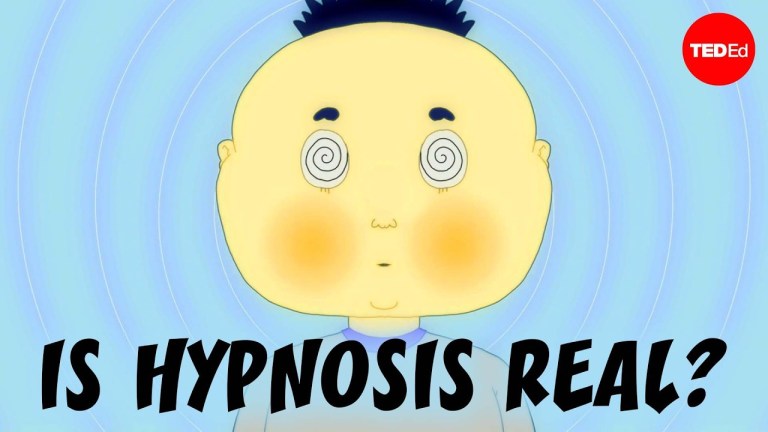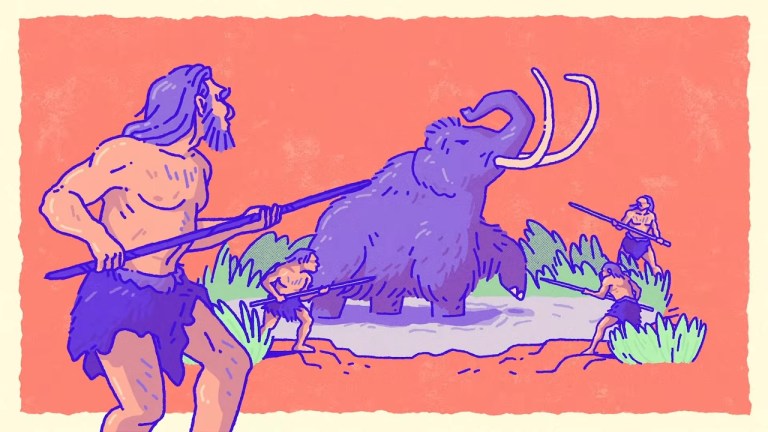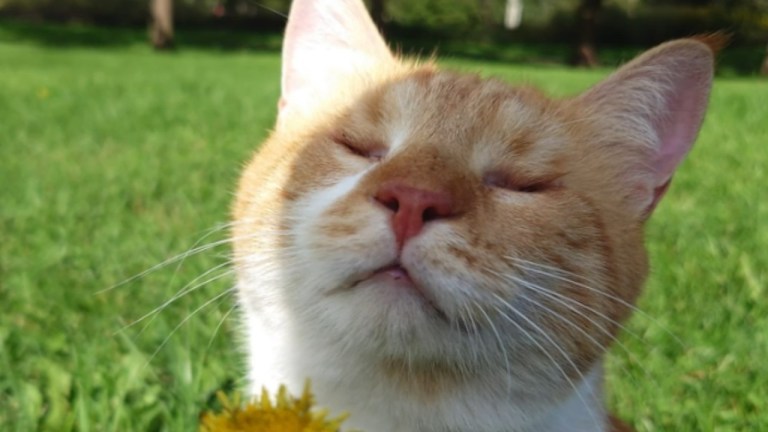Why the Words for the Sounds Animals Make Vary From Language to Language
Linguist Arika Okrent and illustrator Sean O’Neill verbally and visually explain why the words given to the sounds animals make (i.e. meow, woof) differ from one another. As it turns out, it depends on the rules of the language spoken where they live.
If we are just imitating a sound that’s the same all over the world, shouldn’t we all come up with the same thing? If we were just imitating a sound, that’s probably what would happen, but we aren’t just imitating a sound, we’re giving a sound a name. The sound of rooster is an imitation, but cock-a-doodle-doo is a word. When we give a sound a name, we invite it from the wild unpredictable world into the cozy security of language. We say hey, we want to be able to talk about you more easily, but in exchange, you need to follow some of our rules. And the rules will be different for different languages. Japanese words can’t begin with a “kw” so a duck can’t say quack. And Japanese, doesn’t allow a “d” and “l” sound next to each other, making cock-a-doodle-doo out of the question.






